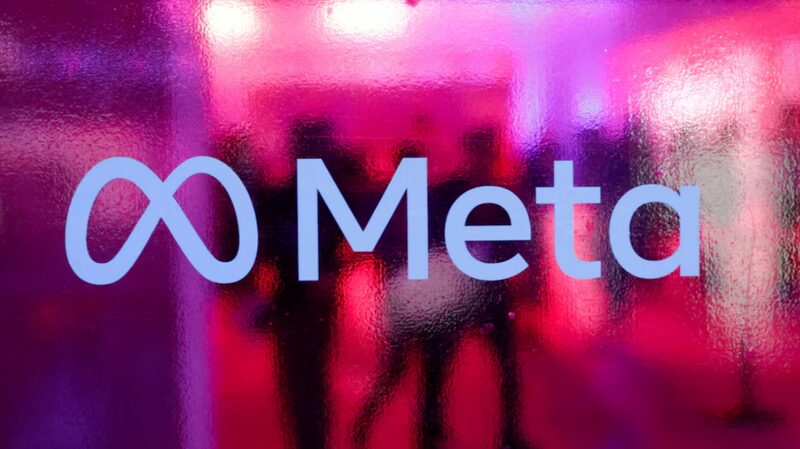Meta, the parent company of Facebook, is reintroducing facial recognition technology in a bold move to combat the surge of celebrity scam advertisements infiltrating its platform. Three years after discontinuing the software amid privacy and regulatory concerns, Meta announced on Tuesday that it is testing this technology to protect public figures and users from fraudulent ads.
The trial will involve approximately 50,000 public figures whose profile photos will be used to automatically compare with images found in suspected scam advertisements. If a match is detected and the ads are deemed fraudulent, Meta will swiftly block them. Celebrities participating in the trial will be notified and have the option to opt out, ensuring their consent and privacy are respected.
“The idea here is to offer as much protection as possible,” said Monika Bickert, Meta’s vice president of content policy. “We are committed to safeguarding public figures whose images are being misused to deceive our users.”
This initiative reflects Meta’s attempt to balance the escalating concerns over online scams with the imperative to uphold user privacy. The company had previously shut down its facial recognition system in 2021, deleting data associated with one billion users due to “growing societal concerns.” The reintegration of this technology aims to utilize it responsibly to enhance security while being mindful of privacy implications.
The global trial is slated to commence in December, excluding regions where Meta lacks regulatory clearance, including the European Union, Britain, South Korea, and the U.S. states of Texas and Illinois.
Meta’s decision comes amidst ongoing lawsuits accusing the company of not doing enough to prevent “celeb bait” scams. These scams often use images of famous individuals—sometimes generated by artificial intelligence—to lure users into fraudulent investment schemes and other deceptive practices.
In August, Meta was ordered to pay $1.4 billion to the state of Texas to settle a lawsuit over the alleged illegal collection of biometric data. This significant penalty underscores the legal and ethical challenges tech companies face regarding user data and privacy.
By reintroducing facial recognition in a targeted manner, Meta hopes to mitigate the spread of scam advertisements and restore trust among its global user base. The company emphasizes that this technology will be applied with caution, and affected public figures will retain control over their participation.
As online platforms continue to grapple with the proliferation of digital scams, Meta’s approach highlights the complexities of leveraging advanced technologies to protect users while navigating the intricate landscape of data privacy regulations.
(With input from Reuters)
Reference(s):
Meta relaunches facial recognition to combat celebrity scam ads
cgtn.com







